Featured Blogs
Slide 1 of 90

IT Services/Custom Software Development
How Healthcare CRM Software Transforms Medical Practices in 2026

Software Development
Perks of Healthcare Accounting Software for Medical Practices in 2026

Software Development
How Healthcare IT Solutions Transform Patient Care in 2025?
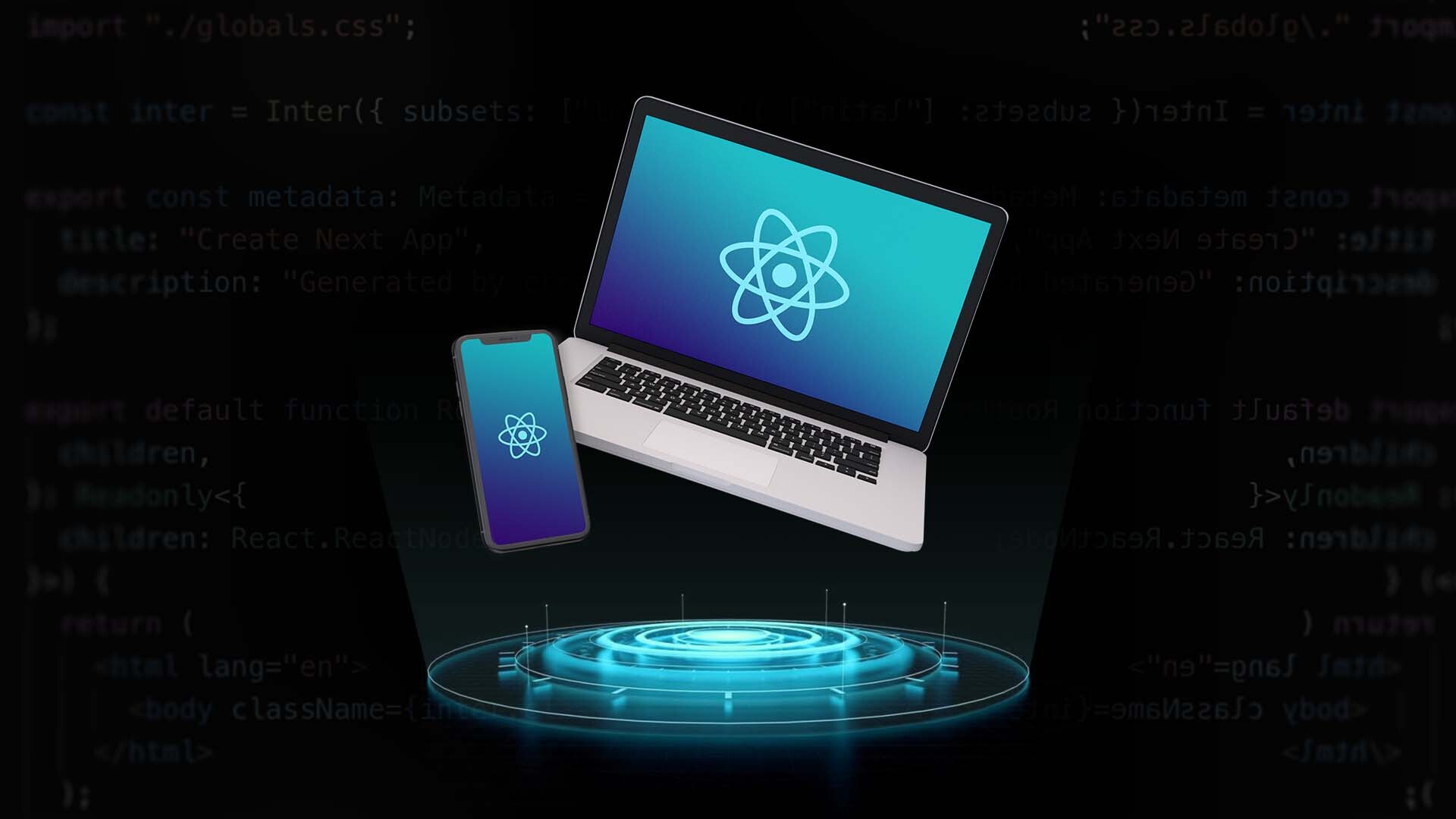
IT Services
What is React Use For & Why It’s the Future of Web and Mobile App

Marketing
React SEO in 2026 – How to Fix Challenges to Rank Higher in Search Engines

Software Development
MVP Development Services for Fastest Product Launch

Web Development
Why a Python Development Company Could Be Your Secret Weapon?

Web Development
The Secret Sauce of Web Portal Development Nobody Talks About!

Software Development
Why Startups Should Hire a Dedicated Laravel Developer for MVP?

Mobile Development
On Your Way To Hire Mobile Developers? Read This First

Web Development
Why Are SaaS Startups Choosing JavaScript Development Companies Over In-House Teams?

IT Services
When to Use Team Augmentation for Your Software Project

IT Services
Avoid These Mistakes When Choosing from the Top IT Staff Augmentation Companies

IT Services
What Is IT Staff Augmentation and How Does It Work?

Software Development
Why Your Project Needs an Experienced Dot Net Developer

IT Services/Custom Software Development
10 Questions to Ask Before You Hire .NET Developer

Salesforce
What Is the Salesforce AppExchange and How Can It Help My Business Grow?
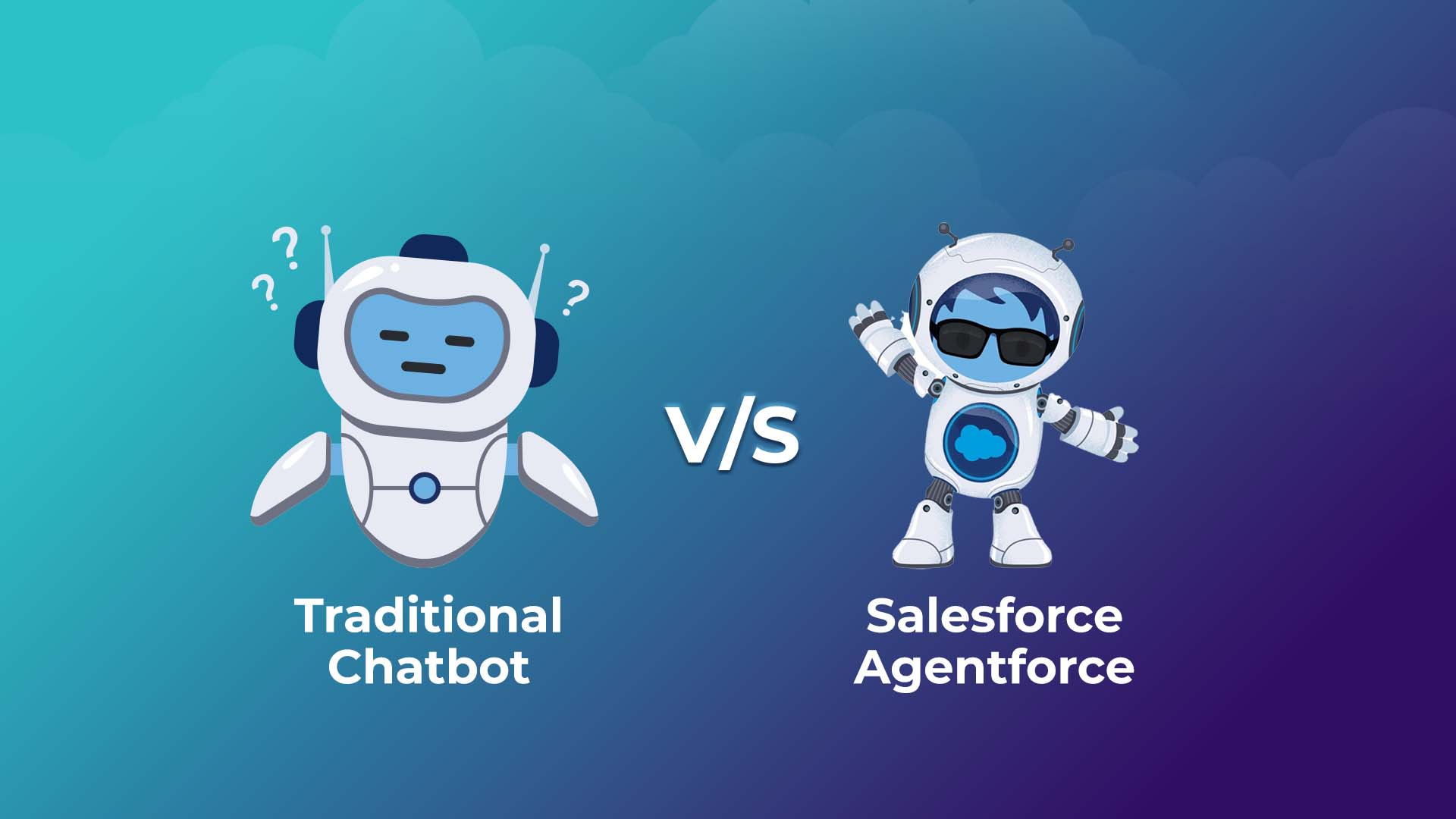
Salesforce
Salesforce Agentforce vs Traditional Chatbots: Why Businesses Are Making the Switch?

Cloud Services/Salesforce
How to Build a Digital Experience Strategy with Salesforce Experience Cloud

Salesforce
How Salesforce Consulting Services Ensure Flawless Data Migration Execution

Salesforce
Can Salesforce Development Services Solve My Integration Challenges?

Cloud Services/Salesforce
Why Smart Leaders Choose Custom Service Cloud Applications in Salesforce?

Artificial Intelligence
How an AI Chatbot Development Company Can Revolutionize Learning and Development?

Artificial Intelligence
You Can’t Afford to Miss these Fun Facts About AI!

Artificial Intelligence
Why AI and FinTech Are the Future of Digital Financial Innovation?

Artificial Intelligence
How Retailers Can Develop AI Software to Predict Consumer Behavior?

Artificial Intelligence
Why Does Your Business Need the Right AI Strategy Consultant Before Full AI Team?

Artificial Intelligence
How AI Integration Services Can Help with Data Silos?

Artificial Intelligence
How to Program AI in 2025- Step-by-Step for Aspiring Creators
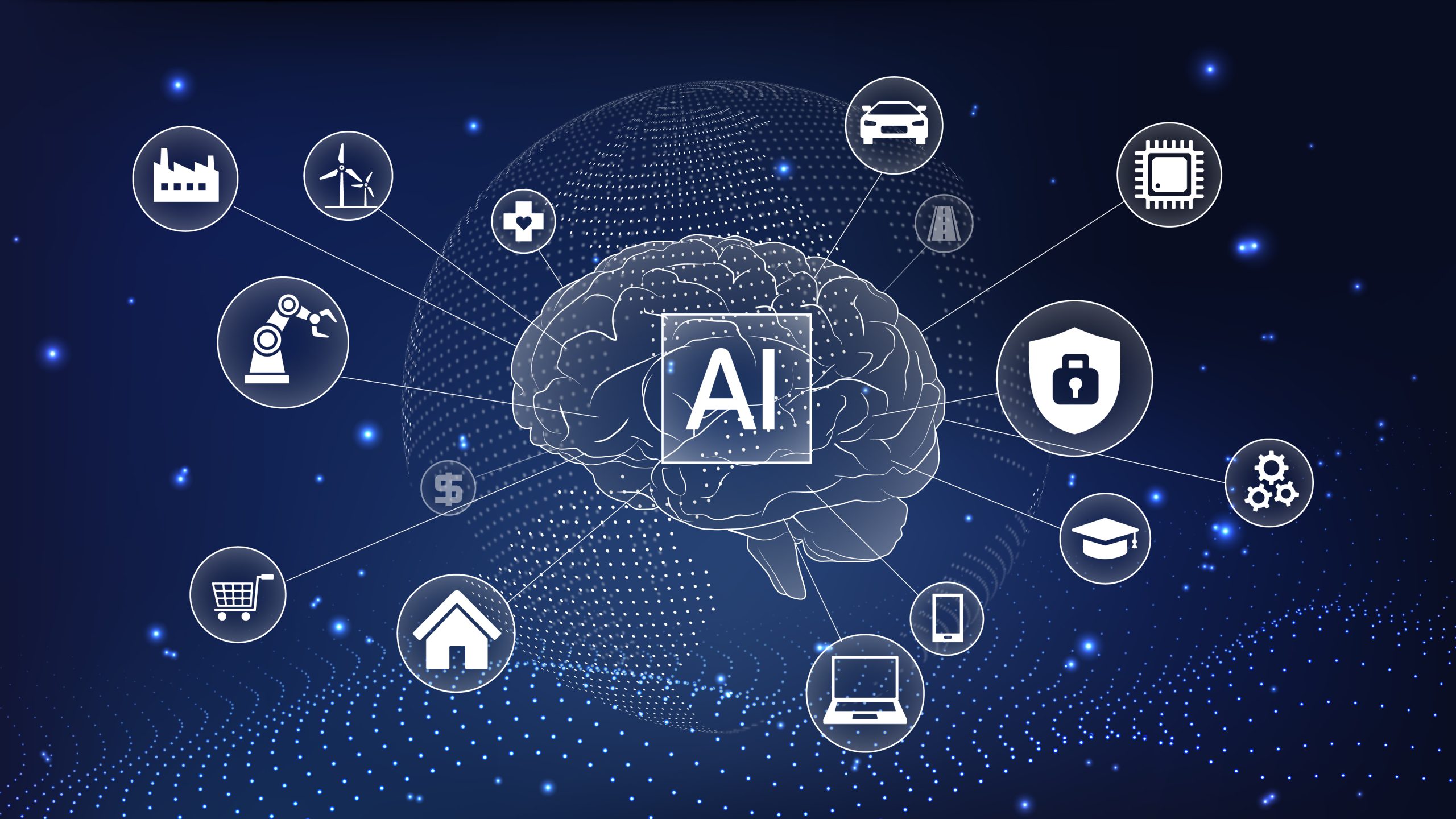
Generative AI
Don’t Risk Your AI Project: How the Right AI Software Development Process Makes or Breaks

Artificial Intelligence
How to Create Your Own AI Model?
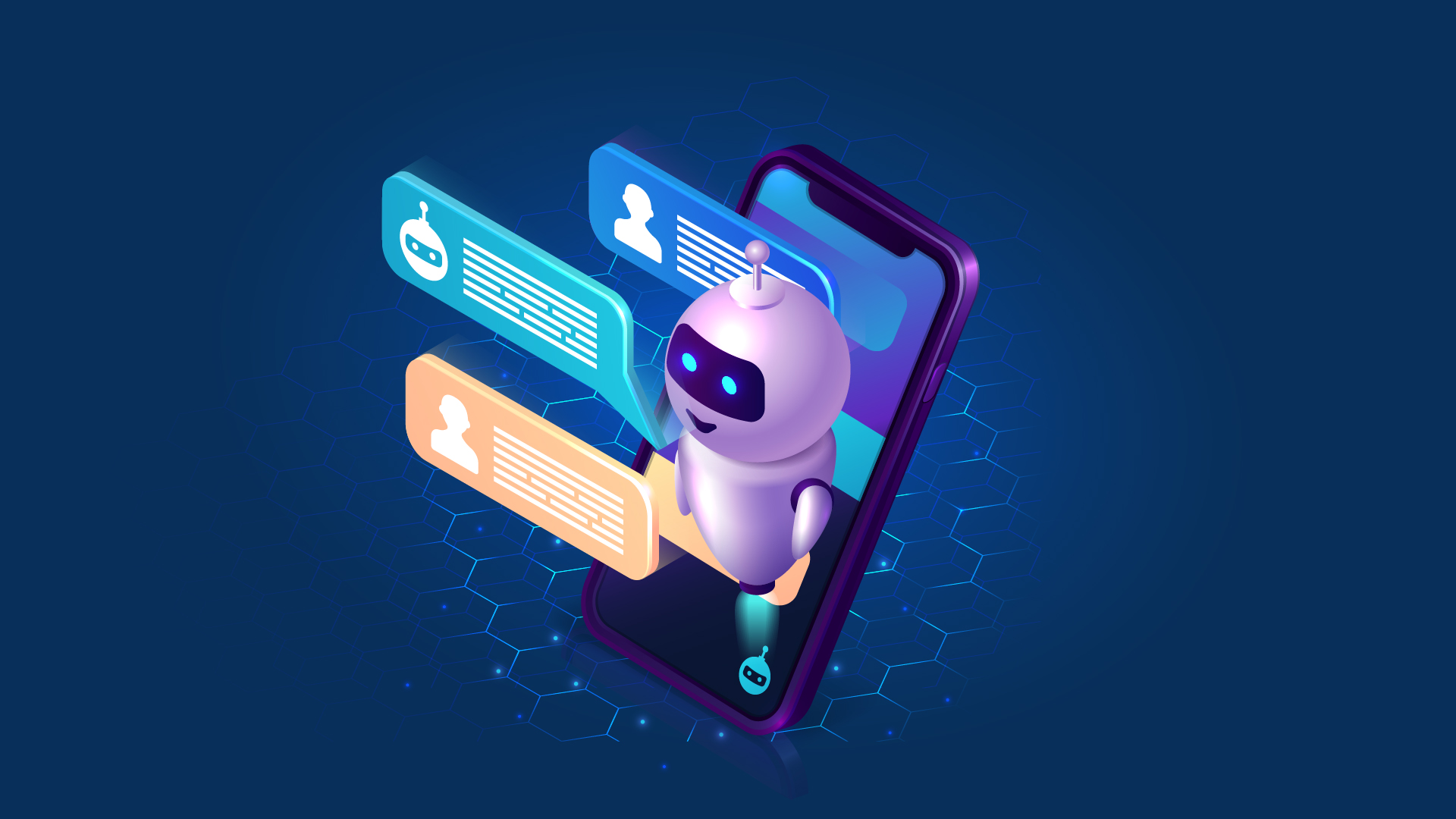
Generative AI
How AI Chatbot Development Services Can Instantly Cut Costs and Skyrocket Customer Satisfaction in Your

Artificial Intelligence/AI-ML
How an AI ML Development Company Helps Enterprises Cut Costs and Scale Faster?

Generative AI
Why Now Is the Right Time for Mid-Sized Businesses to Invest in Gen AI Development

Artificial Intelligence
How Offshore AI Developers Are Helping Startups Compete with Big Tech?

Software Development
How Automotive Businesses Are Thriving by Developing Custom Software?

Web Development
What Is Custom Web Application Development? A Brief Overview

Mobile Development
Mobile Development and Consulting Trends to Watch in 2025

Mobile Development
How to Successfully Outsource Mobile App Development Offshore?

Mobile Development
iOS vs Android: Why You Might Want to Hire Android App Developer First

Mobile Development
Why Clear Contracts Are Mandatory in Nearshore Flutter App Development Projects?

Mobile Development
Busting Myths About a Cross Platform Mobile App Development Company

Mobile Development
The Key To Attaining Success As An Enterprise Mobile App Development Company In 2025

Mobile Development
Smart Guidelines to Hire iOS Developers in 2025
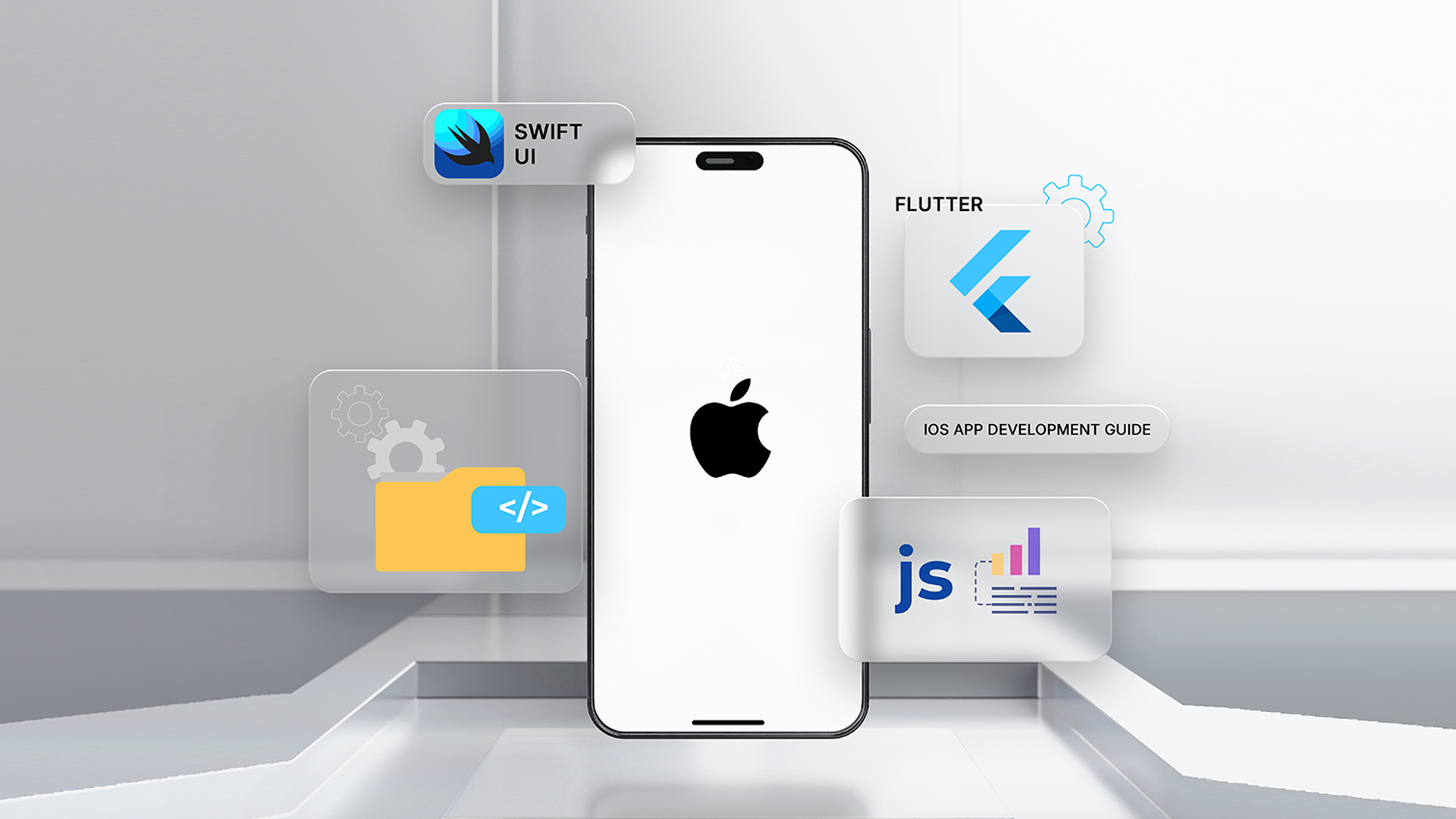
Mobile Development
Complete Guide to iOS Mobile App Development in 2025
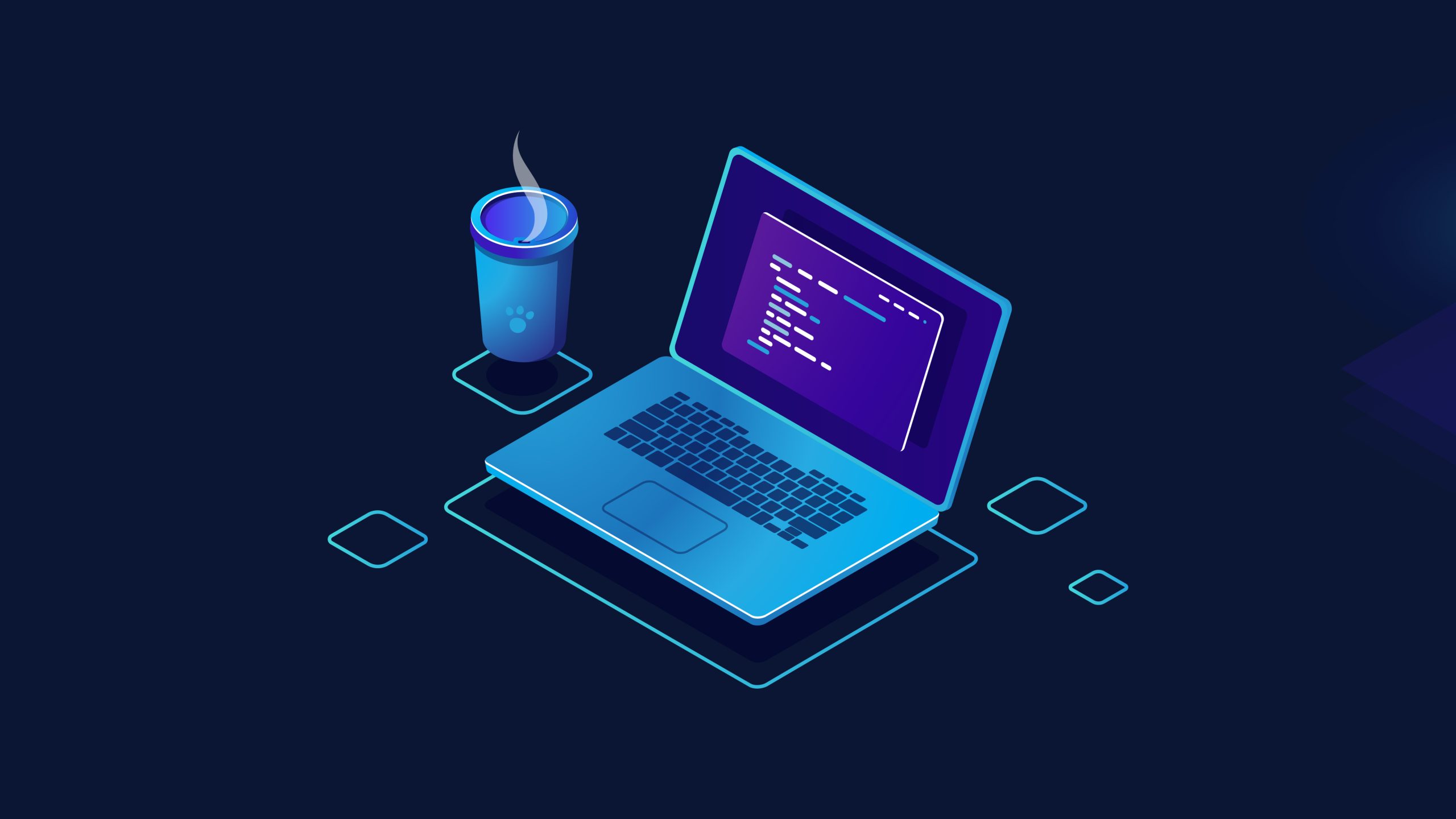
Software Development
Why Startups Should Hire Dedicated Software Developers Instead of Building an In-House Team

Artificial Intelligence
15 Best AI Tools for Business in 2024
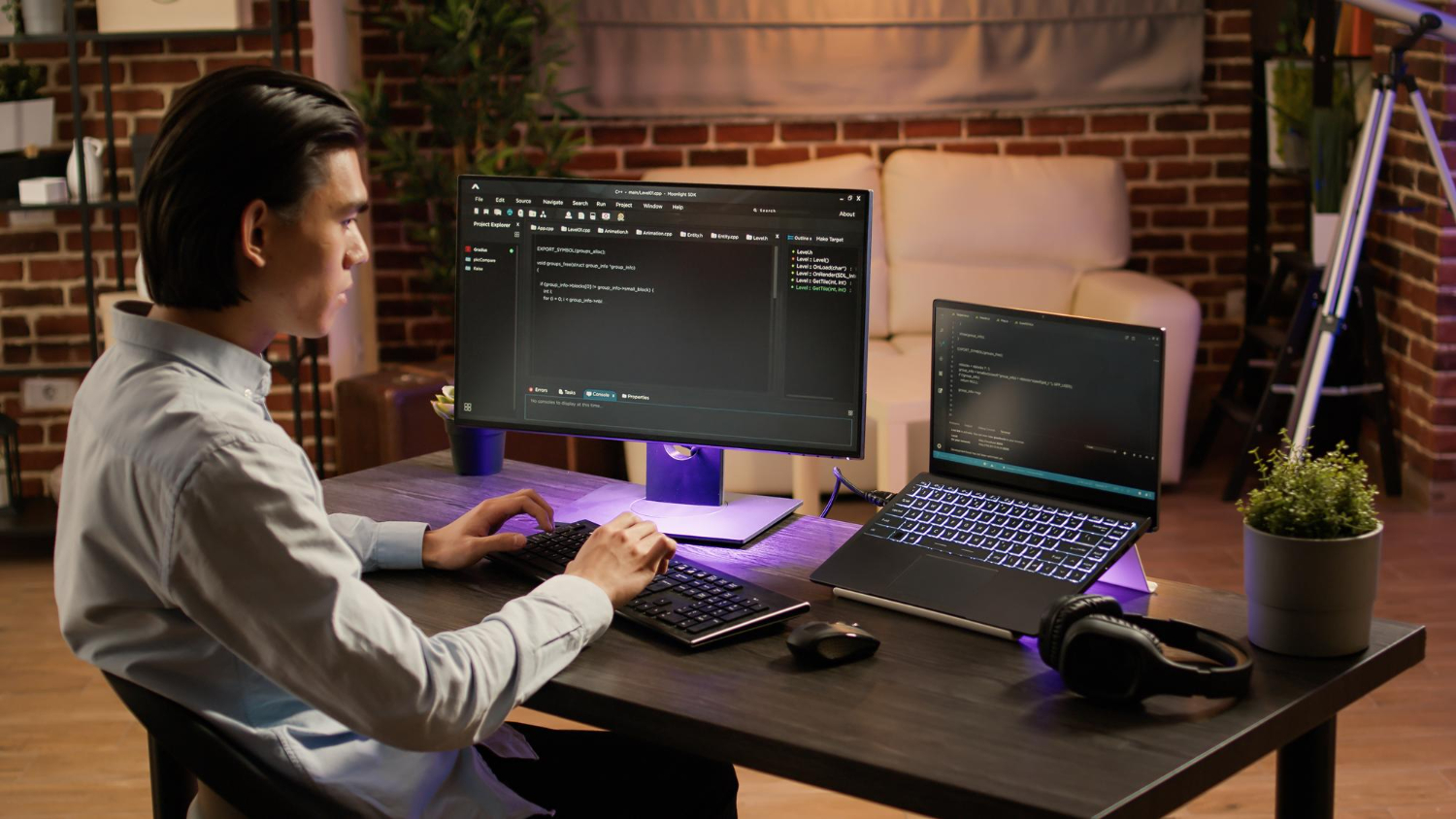
IT Services/Custom Software Development
How to Hire a Top-Notch Remote Back-End Developer.
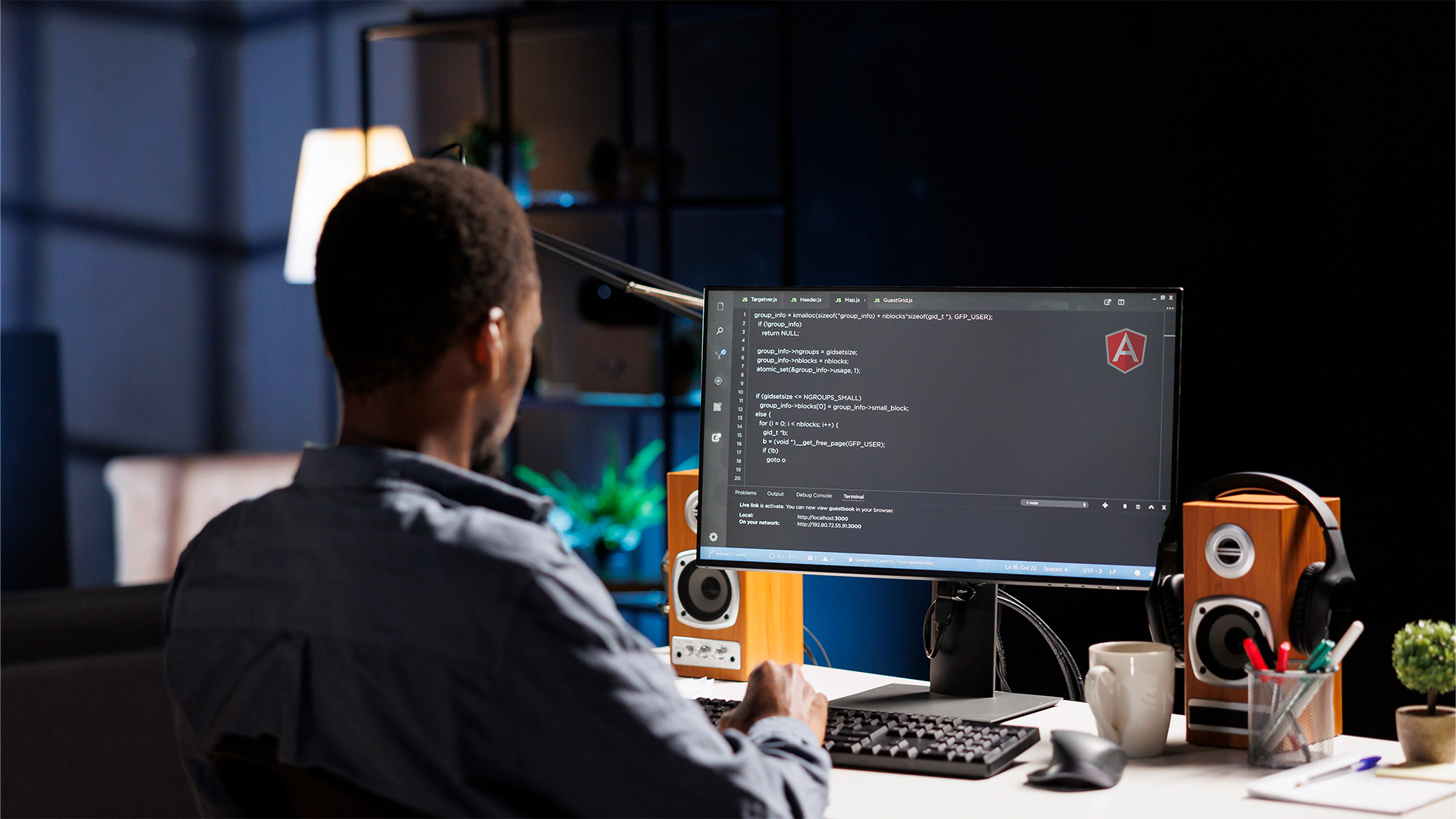
Business Transformation/Technology
How to hire the perfect AngularJS programmer?

Business Transformation/Technology
Hire React Native Developers: Your Guide to Securing Top Talent for Your Project

Artificial Intelligence
White Label AI Content Generation: The New Way to Create Compelling Content

Artificial Intelligence
Patient Scheduling Software Developers: Optimizing Healthcare

Artificial Intelligence
AI and Chatbots for Enhanced Customer Experiences
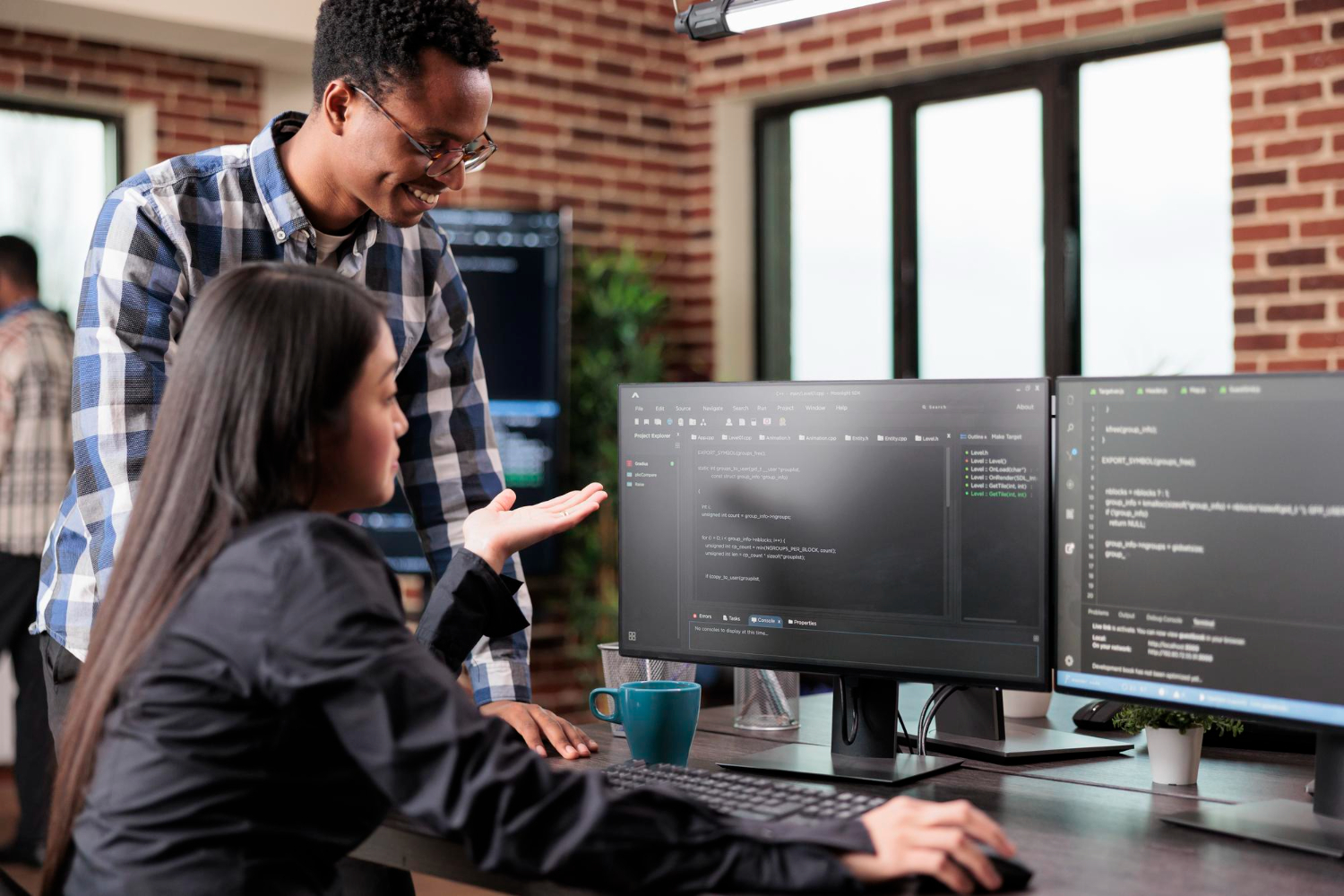
Cloud Services
AWS Data Migration Service for Optimized Cloud Transition
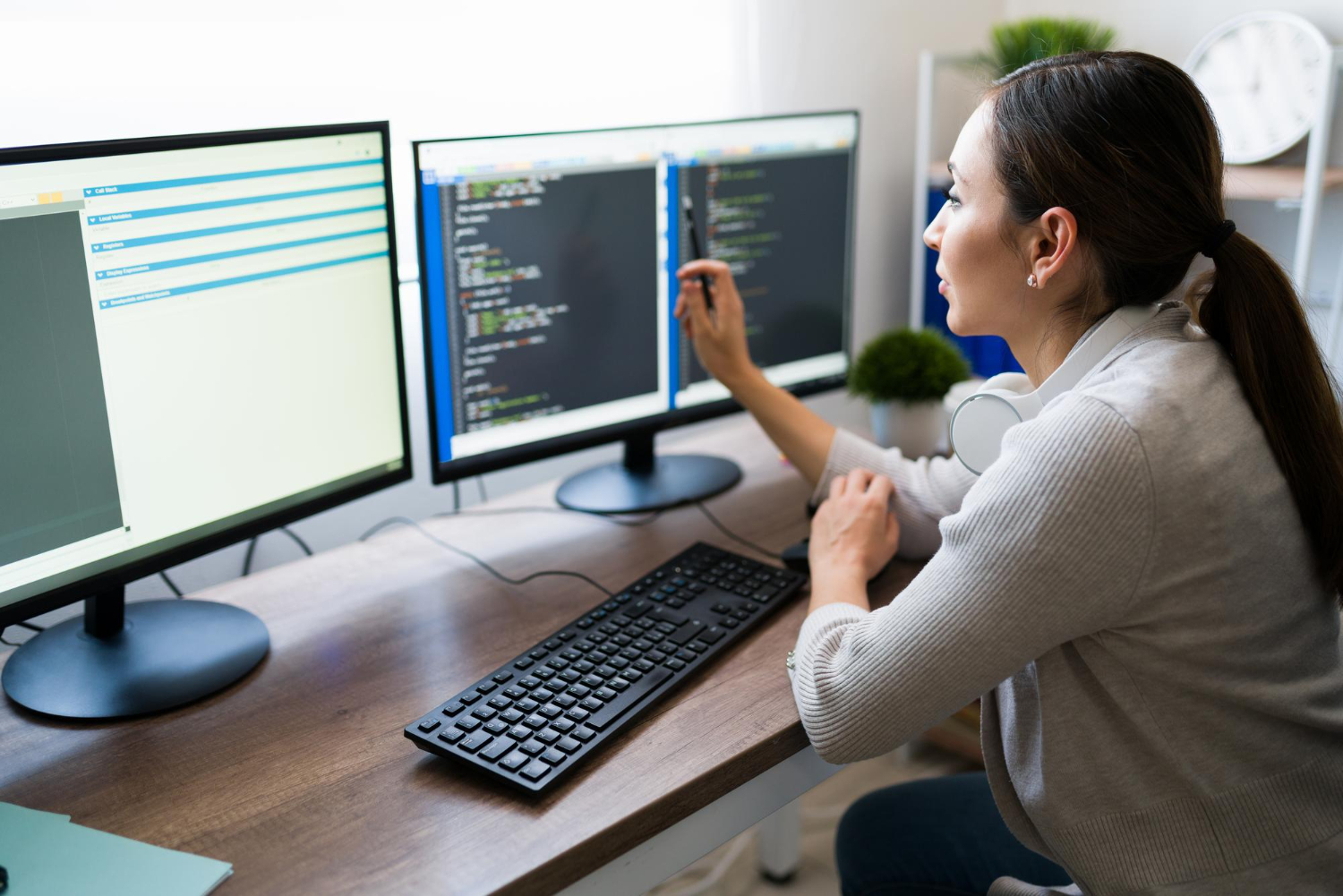
IT Services/Outsourcing
10 Software Development Best Practices for Software Devs 2024

IT Services/Custom Software Development
The Future of Software Development: What Trends to Watch in 2024

IT Services/Custom Software Development
12 Tips for Choosing the Best IT Solutions for Your Business

Business Transformation
14 Ways to Use Technology to Improve Business Productivity
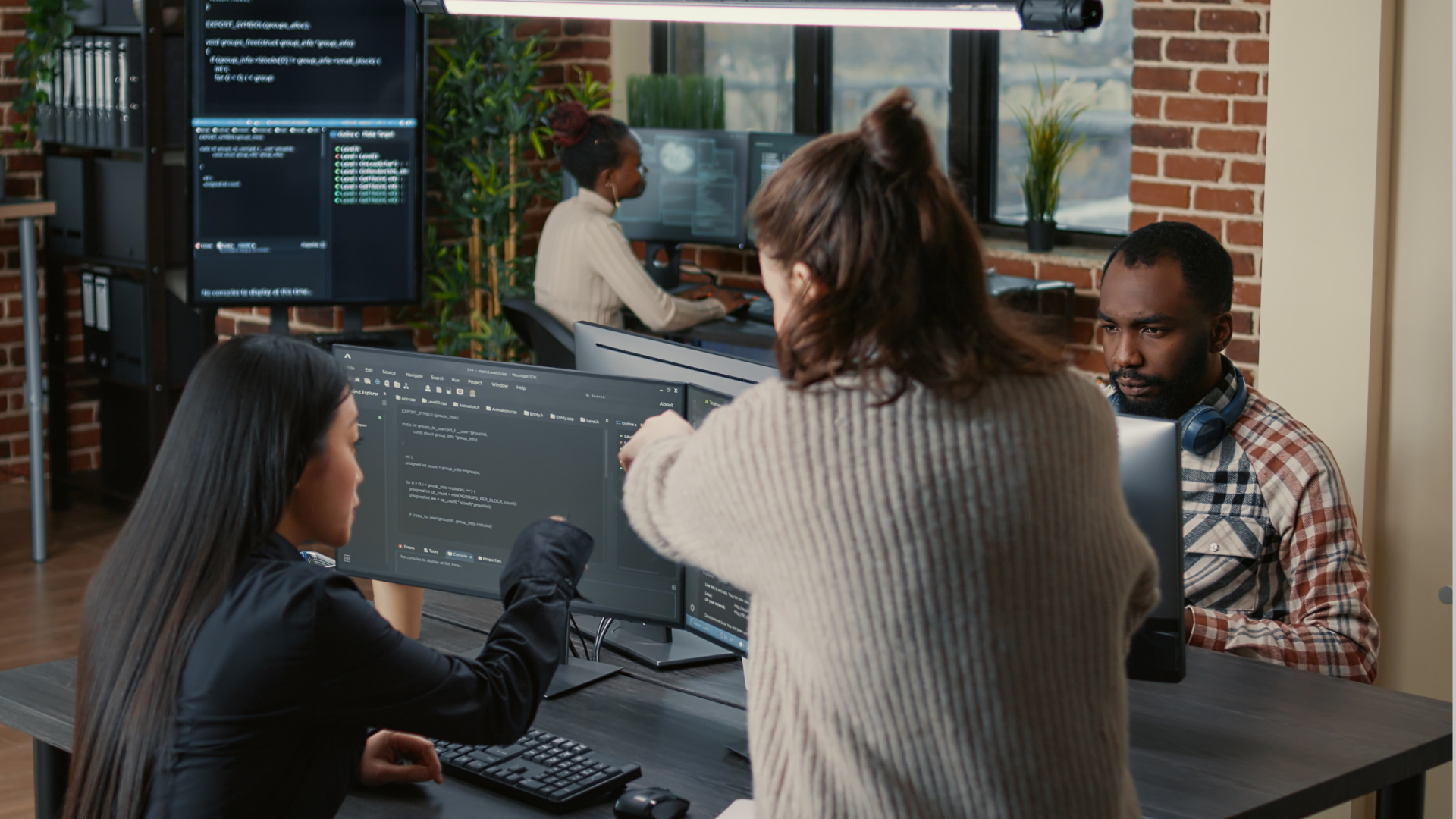
Cloud Services
Experience OCloud’s Expert Salesforce Development Services

Cloud Services
OCloud Solutions: Your Trusted Partner in Offshore Salesforce Development

Business Transformation
Hire Dedicated Remote Development Team- Cost Effective Solutions

Artificial Intelligence
Unlocking AI Data Integration, How it is revolutionizing software development

Artificial Intelligence
Digital Transformation and Artificial Intelligence

Business Transformation
Salesforce for Small Business: Tailoring CRM Solutions to your Business needs

Cloud Services
Boosting productivity and Efficiency: Salesforce Automation for your Business

Artificial Intelligence
The future of Generative AI: What are the possibilities?

Artificial Intelligence
What is Generative AI and its applications?
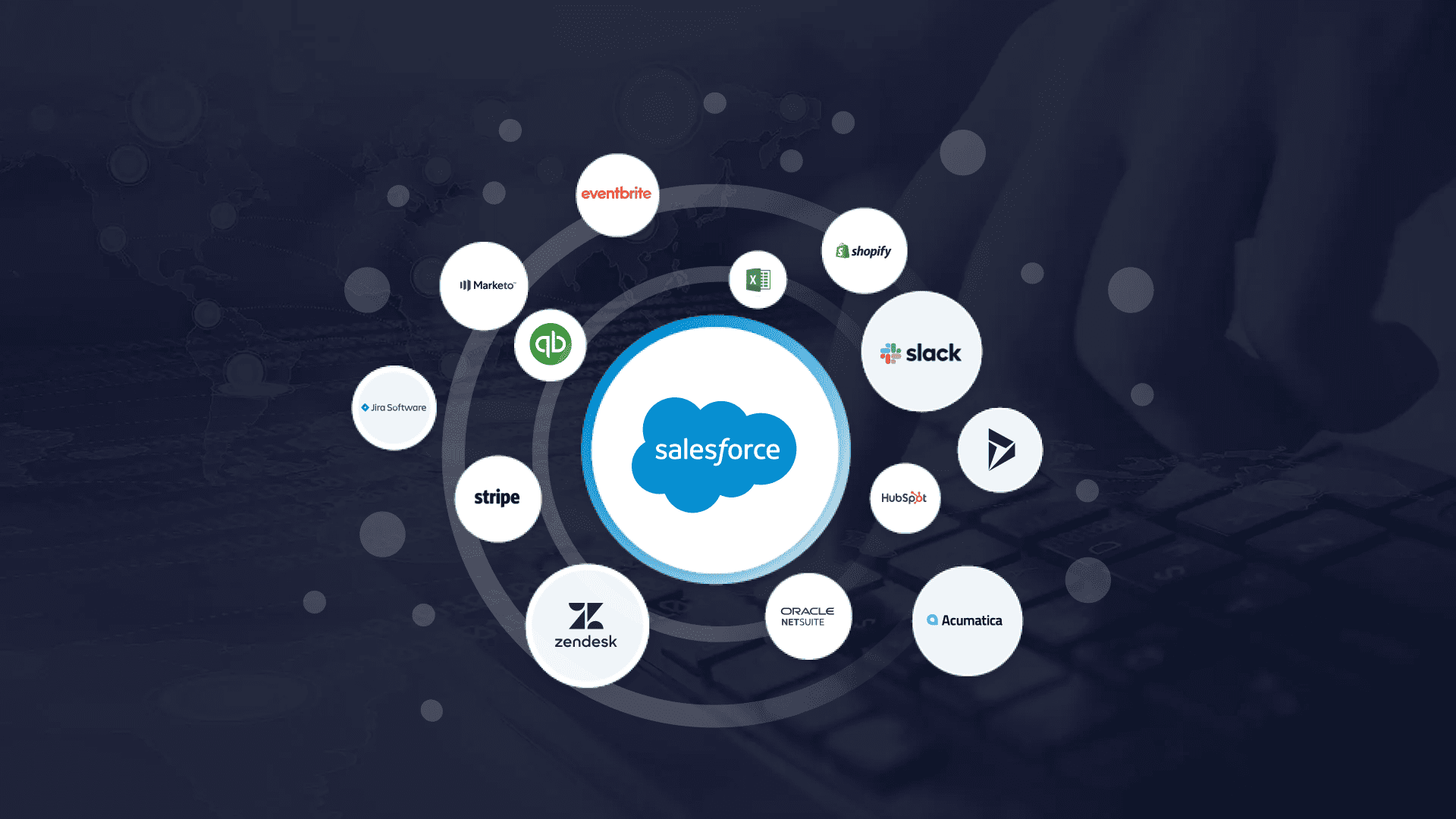
Cloud Services
Salesforce Integrations and Automations: 10 Best Practices to consider
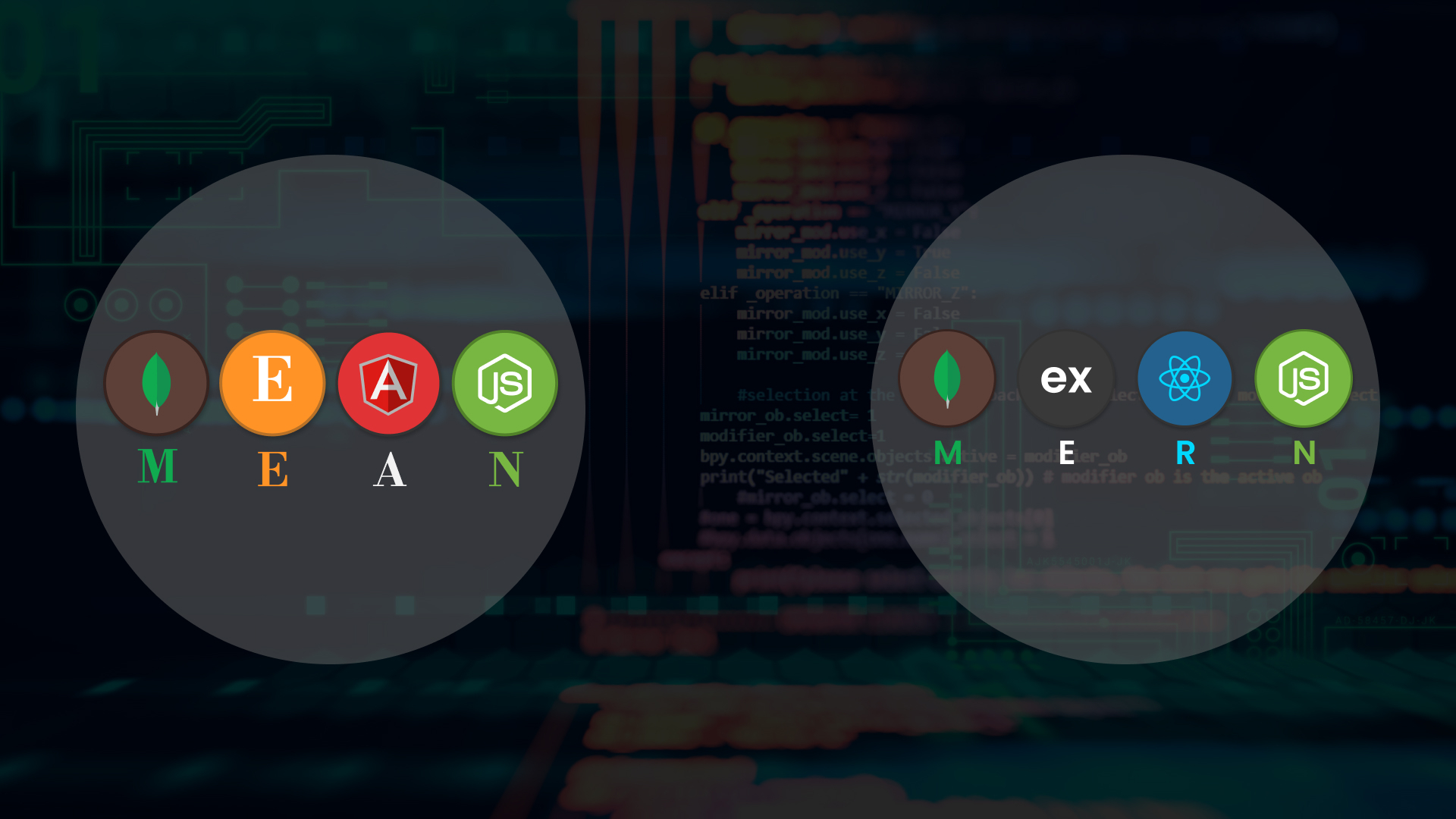
Software Development/Programming Language
MERN vs. MEAN: Which Stack Reigns Supreme for Your Web App

Cloud Services
Protecting your Cloud Environment: AWS Security Best Practices

Business Transformation
Supercharge Your Sales with Salesforce Automation
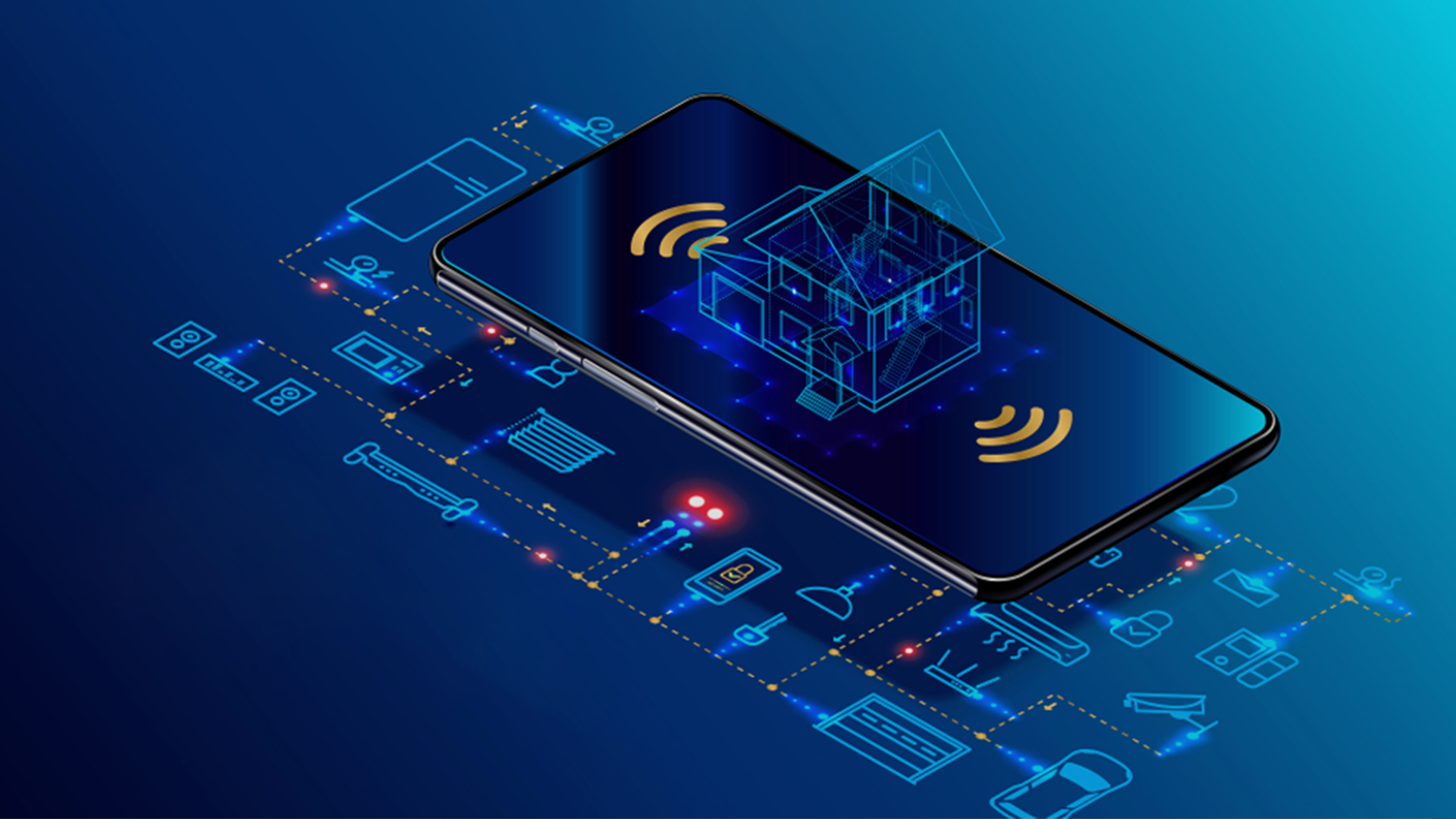
IT Services/Custom Software Development
Mobile App Development Frameworks: A Comprehensive Guide

Cloud Services/AWS
AWS Vs Azure; What does your business need?

Business Transformation
Salesforce Multifactor Authentication and Data Security
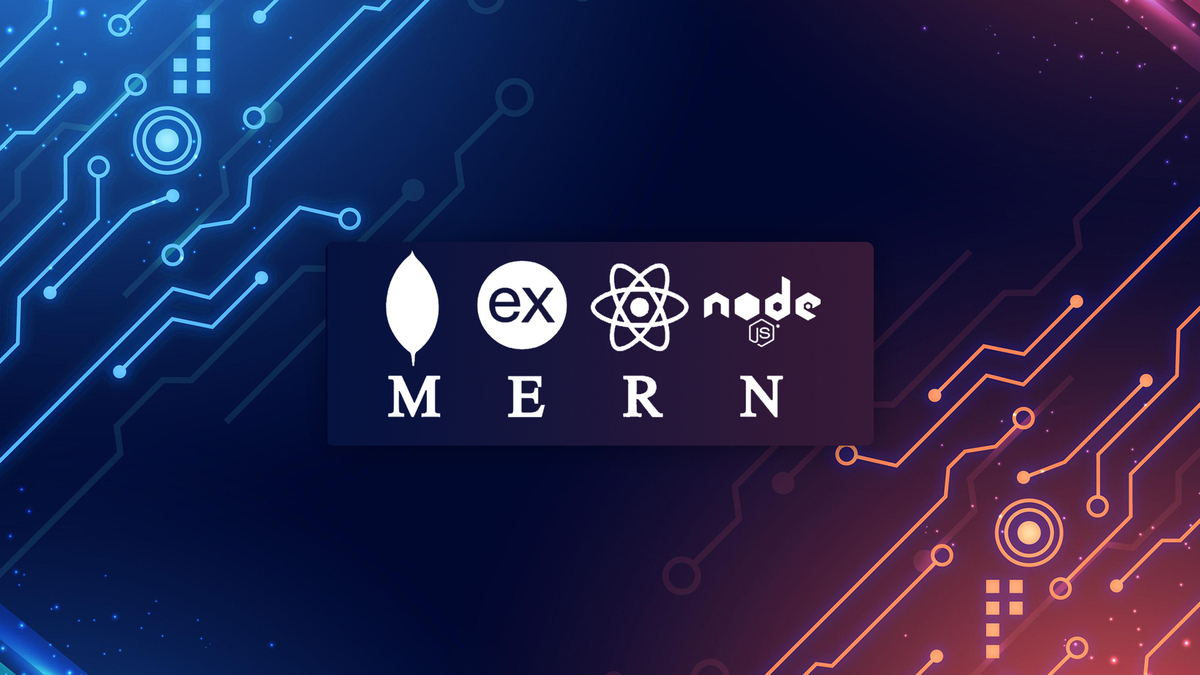
IT Services/Custom Software Development
MERN Stack; All that you need for Ecommerce Development

Business Transformation
Amazon Web Services; A Lucrative Solution for your Business Growth

Business Transformation
Trends in Web Development

IT Services/Custom Software Development
Benefits of Hybrid App Development

Business Transformation
IT Industry Trends 2022 – A road to Transformation

IT Services/Automation
Top HR Automation Trends to be seen in 2022

Business Transformation/Technology
How Businesses Can Protect Their Customers From Online Fraud

Business Transformation
Top Ways to Increase Business ROI With the Help of Salesforce CRM
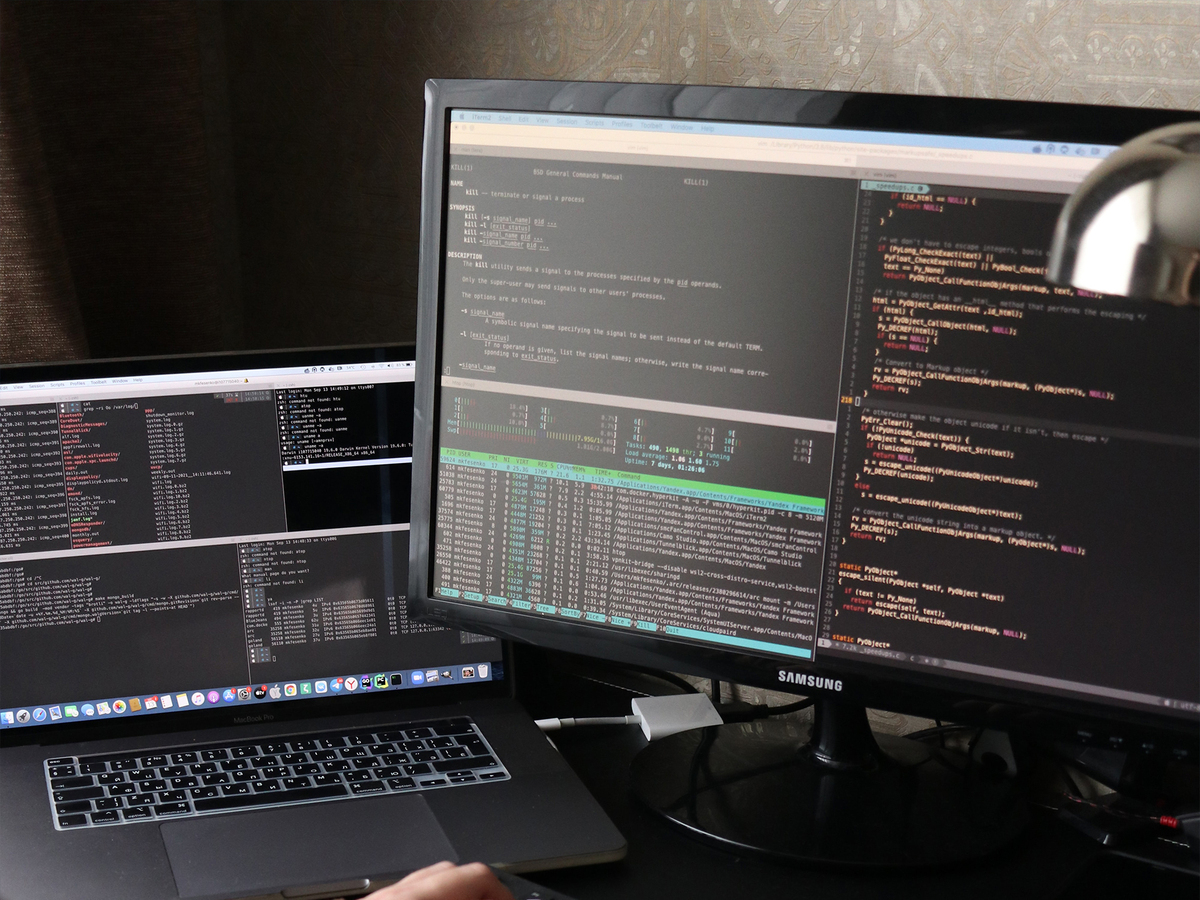
Business Transformation
Reasons to Invest in Custom Software development as a Start-up

IT Services/Custom Software Development
5 Factors to consider when developing a Mobile App

Business Transformation/Technology
4 Reasons why your business should invest in technology

Artificial Intelligence
Robotic Process Automation Trend to Watch in 2022

IT Services/Outsourcing
5 key things to consider before choosing a Software Outsourcing Partner

Artificial Intelligence
Problems Effectively Solved by AI

Business Transformation/Technology
Impacts of Cloud Computing on Businesses

Business Transformation/Technology
6 Advantages of CRM Structure

IT Services/Custom Software Development
How Healthcare CRM Software Transforms Medical Practices in 2026

Software Development
Perks of Healthcare Accounting Software for Medical Practices in 2026

Software Development
How Healthcare IT Solutions Transform Patient Care in 2025?

IT Services
What is React Use For & Why It’s the Future of Web and Mobile App

Marketing
React SEO in 2026 – How to Fix Challenges to Rank Higher in Search Engines

Software Development
MVP Development Services for Fastest Product Launch

Web Development
Why a Python Development Company Could Be Your Secret Weapon?

Web Development
The Secret Sauce of Web Portal Development Nobody Talks About!

Software Development
Why Startups Should Hire a Dedicated Laravel Developer for MVP?

Mobile Development
On Your Way To Hire Mobile Developers? Read This First

Web Development
Why Are SaaS Startups Choosing JavaScript Development Companies Over In-House Teams?

IT Services
When to Use Team Augmentation for Your Software Project

IT Services
Avoid These Mistakes When Choosing from the Top IT Staff Augmentation Companies

IT Services
What Is IT Staff Augmentation and How Does It Work?

Software Development
Why Your Project Needs an Experienced Dot Net Developer

IT Services/Custom Software Development
10 Questions to Ask Before You Hire .NET Developer

Salesforce
What Is the Salesforce AppExchange and How Can It Help My Business Grow?

Salesforce
Salesforce Agentforce vs Traditional Chatbots: Why Businesses Are Making the Switch?

Cloud Services/Salesforce
How to Build a Digital Experience Strategy with Salesforce Experience Cloud

Salesforce
How Salesforce Consulting Services Ensure Flawless Data Migration Execution

Salesforce
Can Salesforce Development Services Solve My Integration Challenges?

Cloud Services/Salesforce
Why Smart Leaders Choose Custom Service Cloud Applications in Salesforce?

Artificial Intelligence
How an AI Chatbot Development Company Can Revolutionize Learning and Development?

Artificial Intelligence
You Can’t Afford to Miss these Fun Facts About AI!

Artificial Intelligence
Why AI and FinTech Are the Future of Digital Financial Innovation?

Artificial Intelligence
How Retailers Can Develop AI Software to Predict Consumer Behavior?

Artificial Intelligence
Why Does Your Business Need the Right AI Strategy Consultant Before Full AI Team?

Artificial Intelligence
How AI Integration Services Can Help with Data Silos?

Artificial Intelligence
How to Program AI in 2025- Step-by-Step for Aspiring Creators

Generative AI
Don’t Risk Your AI Project: How the Right AI Software Development Process Makes or Breaks

Artificial Intelligence
How to Create Your Own AI Model?

Generative AI
How AI Chatbot Development Services Can Instantly Cut Costs and Skyrocket Customer Satisfaction in Your

Artificial Intelligence/AI-ML
How an AI ML Development Company Helps Enterprises Cut Costs and Scale Faster?

Generative AI
Why Now Is the Right Time for Mid-Sized Businesses to Invest in Gen AI Development

Artificial Intelligence
How Offshore AI Developers Are Helping Startups Compete with Big Tech?

Software Development
How Automotive Businesses Are Thriving by Developing Custom Software?

Web Development
What Is Custom Web Application Development? A Brief Overview

Mobile Development
Mobile Development and Consulting Trends to Watch in 2025

Mobile Development
How to Successfully Outsource Mobile App Development Offshore?

Mobile Development
iOS vs Android: Why You Might Want to Hire Android App Developer First

Mobile Development
Why Clear Contracts Are Mandatory in Nearshore Flutter App Development Projects?

Mobile Development
Busting Myths About a Cross Platform Mobile App Development Company

Mobile Development
The Key To Attaining Success As An Enterprise Mobile App Development Company In 2025

Mobile Development
Smart Guidelines to Hire iOS Developers in 2025

Mobile Development
Complete Guide to iOS Mobile App Development in 2025

Software Development
Why Startups Should Hire Dedicated Software Developers Instead of Building an In-House Team

Artificial Intelligence
15 Best AI Tools for Business in 2024

IT Services/Custom Software Development
How to Hire a Top-Notch Remote Back-End Developer.

Business Transformation/Technology
How to hire the perfect AngularJS programmer?

Business Transformation/Technology
Hire React Native Developers: Your Guide to Securing Top Talent for Your Project

Artificial Intelligence
White Label AI Content Generation: The New Way to Create Compelling Content

Artificial Intelligence
Patient Scheduling Software Developers: Optimizing Healthcare

Artificial Intelligence
AI and Chatbots for Enhanced Customer Experiences

Cloud Services
AWS Data Migration Service for Optimized Cloud Transition

IT Services/Outsourcing
10 Software Development Best Practices for Software Devs 2024

IT Services/Custom Software Development
The Future of Software Development: What Trends to Watch in 2024

IT Services/Custom Software Development
12 Tips for Choosing the Best IT Solutions for Your Business

Business Transformation
14 Ways to Use Technology to Improve Business Productivity

Cloud Services
Experience OCloud’s Expert Salesforce Development Services

Cloud Services
OCloud Solutions: Your Trusted Partner in Offshore Salesforce Development

Business Transformation
Hire Dedicated Remote Development Team- Cost Effective Solutions

Artificial Intelligence
Unlocking AI Data Integration, How it is revolutionizing software development

Artificial Intelligence
Digital Transformation and Artificial Intelligence

Business Transformation
Salesforce for Small Business: Tailoring CRM Solutions to your Business needs

Cloud Services
Boosting productivity and Efficiency: Salesforce Automation for your Business

Artificial Intelligence
The future of Generative AI: What are the possibilities?

Artificial Intelligence
What is Generative AI and its applications?

Cloud Services
Salesforce Integrations and Automations: 10 Best Practices to consider

Software Development/Programming Language
MERN vs. MEAN: Which Stack Reigns Supreme for Your Web App

Cloud Services
Protecting your Cloud Environment: AWS Security Best Practices

Business Transformation
Supercharge Your Sales with Salesforce Automation

IT Services/Custom Software Development
Mobile App Development Frameworks: A Comprehensive Guide

Cloud Services/AWS
AWS Vs Azure; What does your business need?

Business Transformation
Salesforce Multifactor Authentication and Data Security

IT Services/Custom Software Development
MERN Stack; All that you need for Ecommerce Development

Business Transformation
Amazon Web Services; A Lucrative Solution for your Business Growth

Business Transformation
Trends in Web Development

IT Services/Custom Software Development
Benefits of Hybrid App Development

Business Transformation
IT Industry Trends 2022 – A road to Transformation

IT Services/Automation
Top HR Automation Trends to be seen in 2022

Business Transformation/Technology
How Businesses Can Protect Their Customers From Online Fraud

Business Transformation
Top Ways to Increase Business ROI With the Help of Salesforce CRM

Business Transformation
Reasons to Invest in Custom Software development as a Start-up

IT Services/Custom Software Development
5 Factors to consider when developing a Mobile App

Business Transformation/Technology
4 Reasons why your business should invest in technology

Artificial Intelligence
Robotic Process Automation Trend to Watch in 2022

IT Services/Outsourcing
5 key things to consider before choosing a Software Outsourcing Partner

Artificial Intelligence
Problems Effectively Solved by AI

Business Transformation/Technology
Impacts of Cloud Computing on Businesses

Business Transformation/Technology
6 Advantages of CRM Structure

IT Services/Custom Software Development
How Healthcare CRM Software Transforms Medical Practices in 2026

Software Development
Perks of Healthcare Accounting Software for Medical Practices in 2026

Software Development
How Healthcare IT Solutions Transform Patient Care in 2025?

IT Services
What is React Use For & Why It’s the Future of Web and Mobile App

Marketing
React SEO in 2026 – How to Fix Challenges to Rank Higher in Search Engines

Software Development
MVP Development Services for Fastest Product Launch

Web Development
Why a Python Development Company Could Be Your Secret Weapon?

Web Development
The Secret Sauce of Web Portal Development Nobody Talks About!

Software Development
Why Startups Should Hire a Dedicated Laravel Developer for MVP?

Mobile Development
On Your Way To Hire Mobile Developers? Read This First

Web Development
Why Are SaaS Startups Choosing JavaScript Development Companies Over In-House Teams?

IT Services
When to Use Team Augmentation for Your Software Project

IT Services
Avoid These Mistakes When Choosing from the Top IT Staff Augmentation Companies

IT Services
What Is IT Staff Augmentation and How Does It Work?

Software Development
Why Your Project Needs an Experienced Dot Net Developer

IT Services/Custom Software Development
10 Questions to Ask Before You Hire .NET Developer

Salesforce
What Is the Salesforce AppExchange and How Can It Help My Business Grow?

Salesforce
Salesforce Agentforce vs Traditional Chatbots: Why Businesses Are Making the Switch?

Cloud Services/Salesforce
How to Build a Digital Experience Strategy with Salesforce Experience Cloud

Salesforce
How Salesforce Consulting Services Ensure Flawless Data Migration Execution

Salesforce
Can Salesforce Development Services Solve My Integration Challenges?

Cloud Services/Salesforce
Why Smart Leaders Choose Custom Service Cloud Applications in Salesforce?

Artificial Intelligence
How an AI Chatbot Development Company Can Revolutionize Learning and Development?

Artificial Intelligence
You Can’t Afford to Miss these Fun Facts About AI!

Artificial Intelligence
Why AI and FinTech Are the Future of Digital Financial Innovation?

Artificial Intelligence
How Retailers Can Develop AI Software to Predict Consumer Behavior?

Artificial Intelligence
Why Does Your Business Need the Right AI Strategy Consultant Before Full AI Team?

Artificial Intelligence
How AI Integration Services Can Help with Data Silos?

Artificial Intelligence
How to Program AI in 2025- Step-by-Step for Aspiring Creators

Generative AI
Don’t Risk Your AI Project: How the Right AI Software Development Process Makes or Breaks

Artificial Intelligence
How to Create Your Own AI Model?

Generative AI
How AI Chatbot Development Services Can Instantly Cut Costs and Skyrocket Customer Satisfaction in Your

Artificial Intelligence/AI-ML
How an AI ML Development Company Helps Enterprises Cut Costs and Scale Faster?

Generative AI
Why Now Is the Right Time for Mid-Sized Businesses to Invest in Gen AI Development

Artificial Intelligence
How Offshore AI Developers Are Helping Startups Compete with Big Tech?

Software Development
How Automotive Businesses Are Thriving by Developing Custom Software?

Web Development
What Is Custom Web Application Development? A Brief Overview

Mobile Development
Mobile Development and Consulting Trends to Watch in 2025

Mobile Development
How to Successfully Outsource Mobile App Development Offshore?

Mobile Development
iOS vs Android: Why You Might Want to Hire Android App Developer First

Mobile Development
Why Clear Contracts Are Mandatory in Nearshore Flutter App Development Projects?

Mobile Development
Busting Myths About a Cross Platform Mobile App Development Company

Mobile Development
The Key To Attaining Success As An Enterprise Mobile App Development Company In 2025

Mobile Development
Smart Guidelines to Hire iOS Developers in 2025

Mobile Development
Complete Guide to iOS Mobile App Development in 2025

Software Development
Why Startups Should Hire Dedicated Software Developers Instead of Building an In-House Team

Artificial Intelligence
15 Best AI Tools for Business in 2024

IT Services/Custom Software Development
How to Hire a Top-Notch Remote Back-End Developer.

Business Transformation/Technology
How to hire the perfect AngularJS programmer?

Business Transformation/Technology
Hire React Native Developers: Your Guide to Securing Top Talent for Your Project

Artificial Intelligence
White Label AI Content Generation: The New Way to Create Compelling Content

Artificial Intelligence
Patient Scheduling Software Developers: Optimizing Healthcare

Artificial Intelligence
AI and Chatbots for Enhanced Customer Experiences

Cloud Services
AWS Data Migration Service for Optimized Cloud Transition

IT Services/Outsourcing
10 Software Development Best Practices for Software Devs 2024

IT Services/Custom Software Development
The Future of Software Development: What Trends to Watch in 2024

IT Services/Custom Software Development
12 Tips for Choosing the Best IT Solutions for Your Business

Business Transformation
14 Ways to Use Technology to Improve Business Productivity

Cloud Services
Experience OCloud’s Expert Salesforce Development Services

Cloud Services
OCloud Solutions: Your Trusted Partner in Offshore Salesforce Development

Business Transformation
Hire Dedicated Remote Development Team- Cost Effective Solutions

Artificial Intelligence
Unlocking AI Data Integration, How it is revolutionizing software development

Artificial Intelligence
Digital Transformation and Artificial Intelligence

Business Transformation
Salesforce for Small Business: Tailoring CRM Solutions to your Business needs

Cloud Services
Boosting productivity and Efficiency: Salesforce Automation for your Business

Artificial Intelligence
The future of Generative AI: What are the possibilities?

Artificial Intelligence
What is Generative AI and its applications?

Cloud Services
Salesforce Integrations and Automations: 10 Best Practices to consider

Software Development/Programming Language
MERN vs. MEAN: Which Stack Reigns Supreme for Your Web App

Cloud Services
Protecting your Cloud Environment: AWS Security Best Practices

Business Transformation
Supercharge Your Sales with Salesforce Automation

IT Services/Custom Software Development
Mobile App Development Frameworks: A Comprehensive Guide

Cloud Services/AWS
AWS Vs Azure; What does your business need?

Business Transformation
Salesforce Multifactor Authentication and Data Security

IT Services/Custom Software Development
MERN Stack; All that you need for Ecommerce Development

Business Transformation
Amazon Web Services; A Lucrative Solution for your Business Growth

Business Transformation
Trends in Web Development

IT Services/Custom Software Development
Benefits of Hybrid App Development

Business Transformation
IT Industry Trends 2022 – A road to Transformation

IT Services/Automation
Top HR Automation Trends to be seen in 2022

Business Transformation/Technology
How Businesses Can Protect Their Customers From Online Fraud

Business Transformation
Top Ways to Increase Business ROI With the Help of Salesforce CRM

Business Transformation
Reasons to Invest in Custom Software development as a Start-up

IT Services/Custom Software Development
5 Factors to consider when developing a Mobile App

Business Transformation/Technology
4 Reasons why your business should invest in technology

Artificial Intelligence
Robotic Process Automation Trend to Watch in 2022

IT Services/Outsourcing
5 key things to consider before choosing a Software Outsourcing Partner

Artificial Intelligence
Problems Effectively Solved by AI

Business Transformation/Technology
Impacts of Cloud Computing on Businesses

Business Transformation/Technology
6 Advantages of CRM Structure





